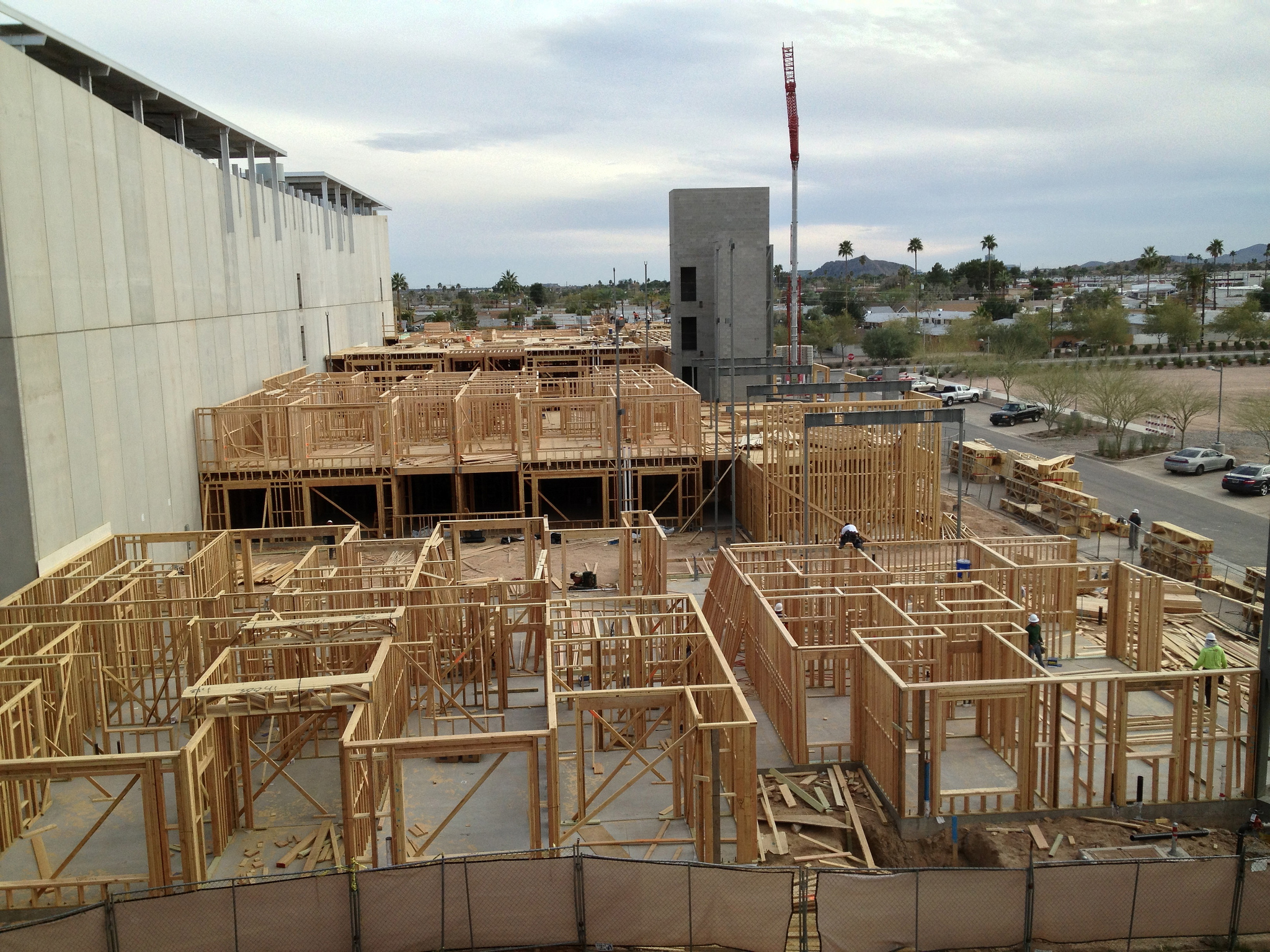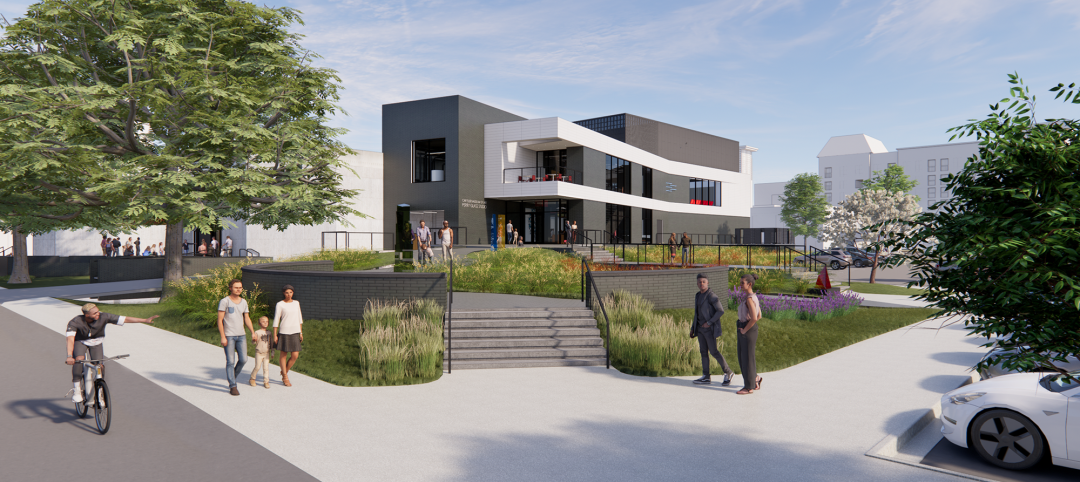Associated Builders and Contractors (ABC) launched “Building America: The Merit Shop Scorecard,” which reviews and grades state-specific information. The scorecard website identifies states that have created beneficial or subpar environments for merit shop contractors.
The Merit Shop Scorecard grades states on project labor agreement (PLA), prevailing wage and right-to-work policies as well as their construction job growth rate, commitment to developing a well-trained workforce, level of flexibility in career and technical education curricula and use of public-private partnerships (P3s).
“The Merit Shop Scorecard will be a useful tool for lawmakers and industry stakeholders to explain how state policies affect the ability of contractors to conduct business and expand their operations,” said ABC Director of Labor and Federal Procurement Ben Brubeck. “The scorecard highlights high-performing states that have enacted policies opposing anti-competitive schemes and restrictive, cost-inflating mandates while embracing fairness in the workplace. It also identifies low-performing states that have failed to foster environments where businesses can thrive, invest and create construction jobs in local communities.”
The merit shop philosophy is the belief that people and companies succeed based on free enterprise principles within the free market system, which is characterized by open and fair competition and diverse participants.
Top ranked states such as Arizona, Louisiana and Virginia all received high-performing grades for enacting PLA, prevailing wage and right-to-work policies that favor free enterprise. Conversely, low performing states such as New Mexico, Alaska and New York received poor overall rankings by earning a D or F grade for their policies on PLAs, prevailing wage and right-to-work legislation and other measurable categories.
The Merit Shop Scorecard was developed with input from ABC chapters and industry stakeholders across the country. States were evaluated based on their policies and records on seven key issues: Project Labor Agreements (PLAs), Prevailing Wage, Right to Work, Public-Private Partnerships (P3s), Workforce Development ;Career and Technical Education, and Job Growth Rate.
Criteria and definitions are available here. The scorecard will be updated monthly with exclusive state construction unemployment rate estimates from economist Bernard Markstein, Ph.D.
Related Stories
Museums | Mar 25, 2024
Chrysler Museum of Art’s newly expanded Perry Glass Studio will display the art of glassmaking
In Norfolk, Va., the Chrysler Museum of Art’s Perry Glass Studio, an educational facility for glassmaking, will open a new addition in May. That will be followed by a renovation of the existing building scheduled for completion in December.
Sustainability | Mar 21, 2024
World’s first TRUE-certified building project completed in California
GENESIS Marina, an expansive laboratory and office campus in Brisbane, Calif., is the world’s first Total Resource Use and Efficiency (TRUE)-certified construction endeavor. The certification recognizes projects that achieve outstanding levels of resource efficiency through waste reduction, reuse, and recycling practices.
Office Buildings | Mar 21, 2024
Corporate carbon reduction pledges will have big impact on office market
Corporate carbon reduction commitments will have a significant impact on office leasing over the next few years. Businesses that have pledged to reduce their organization’s impact on climate change must ensure their next lease allows them to show material progress on their goals, according to a report by JLL.
Adaptive Reuse | Mar 21, 2024
Massachusetts launches program to spur office-to-residential conversions statewide
Massachusetts Gov. Maura Healey recently launched a program to help cities across the state identify underused office buildings that are best suited for residential conversions.
Legislation | Mar 21, 2024
Bill would mandate solar panels on public buildings in New York City
A recently introduced bill in the New York City Council would mandate solar panel installations on the roofs of all city-owned buildings. The legislation would require 100 MW of solar photovoltaic systems be installed on public buildings by the end of 2025.
Office Buildings | Mar 21, 2024
BOMA updates floor measurement standard for office buildings
The Building Owners and Managers Association (BOMA) International has released its latest floor measurement standard for office buildings, BOMA 2024 for Office Buildings – ANSI/BOMA Z65.1-2024.
Healthcare Facilities | Mar 18, 2024
A modular construction solution to the mental healthcare crisis
Maria Ionescu, Senior Medical Planner, Stantec, shares a tested solution for the overburdened emergency department: Modular hub-and-spoke design.
Codes and Standards | Mar 18, 2024
New urban stormwater policies treat rainwater as a resource
U.S. cities are revamping how they handle stormwater to reduce flooding and capture rainfall and recharge aquifers. New policies reflect a change in mindset from treating stormwater as a nuisance to be quickly diverted away to capturing it as a resource.
Plumbing | Mar 18, 2024
EPA to revise criteria for WaterSense faucets and faucet accessories
The U.S. Environmental Protection Agency (EPA) plans to revise its criteria for faucets and faucet accessories to earn the WaterSense label. The specification launched in 2007; since then, most faucets now sold in the U.S. meet or exceed the current WaterSense maximum flow rate of 1.5 gallons per minute (gpm).

















